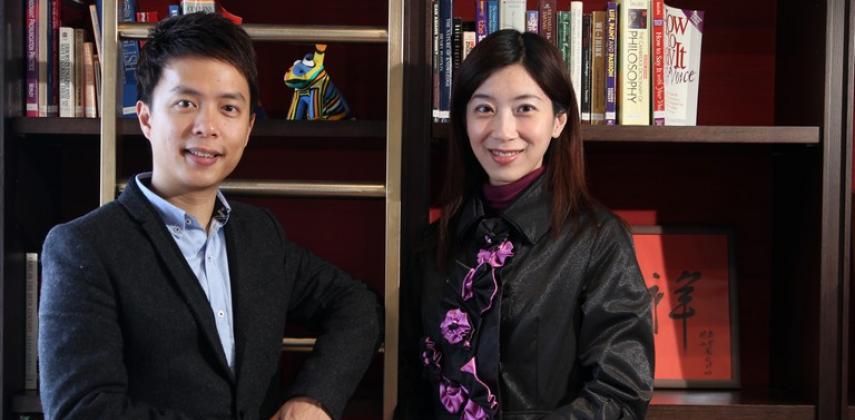Online videos are helping young people learn more about jobs in the public sector
With the volatile global economic movements of recent years having a strong effect on private-sector jobs, young people are viewing the iron rice bowl of government employment as a particularly hot commodity.
As the biggest employers in Hong Kong, the government hires a wide range of workers to support its operations. To help youths get an idea of what it is like to work in the public sector, the Efficiency Unit of the Chief Secretary for Administration’s office runs a youth portal on its website for young people to learn about the prospects of being a civil servant.
The youth portal features a series of short video clips of various positions within the government to help youths understand the different kinds of work with which civil servants are involved.
Video producer Chan Tsz-kin and content editor Kwok King-chi are the two major driving forces behind the production of the clips. “We try to communicate with youths in the way they want, so we make video clips in a style that will appeal to them,” Chan says.
The key purpose of the videos is to provide information on the career options available for young people in the government. “We want to help youths plan their career,” Chan says. “Many of them do not know what they want to do and the videos can give them some ideas.”
To make the videos appeal to the target audience, the clips usually feature young members of staff. “We do not want the videos to be like lectures for young people, so when we look for candidates to appear in the video, we try to go for someone that is young, but at the same time savvy enough to share what the job is about,” Kwok says. “Staff with three to five years of working experience are the sort of people we are looking for.”
In the videos, staff talk about their duties and prospects, and provide interview tips. Since the interviewees are not professional actors, they might not be used to speaking in front of the camera, so preparation is key to making a video shoot run smoothly and with as few hiccups as possible.
“We send the questions we want to ask to the interviewee a couple of weeks before we do the shooting to give him or her enough time to prepare the answers,” Chan says. “We know that interviewees have to prepare for the interview while also having to handle their daily workloads, so we try to be as flexible as possible with the timing.”
The youth portal was launched in 2007 and has made more than 50 videos with 17 departments so far. The videos have drawn more than one million views.
Besides videos, the portal also tries to incorporate other useful recruitment information. “On each video, page viewers can also find other information, such as whether the position is currently recruiting and the training one needs to receive to apply for the job,” Chan says. “It is a complete guide to helping youths understand and apply for jobs.”
Chan says the videos can come in especially handy just before someone goes for a job interview. “Our videos are available through mobile phone apps, so job applicants can have a quick look at the interview tips before they step into the interview room,” he says. “Who knows, this might remind the job applicant about something and help them get the job.”
Kwok says that they want to give young people a clear picture of what they can expect from the job and how to apply for it. “We go into great detail about the job. After finishing each video, it feels like we have also worked the job,” he says.
Looking ahead, Chan and Kwok say they plan to produce about 10 videos a year. They also want to make the videos available to a wider range of people.
“At the moment, all the videos are done in Cantonese, though we recently added English subtitles to some of them,” Chan says. “We will continue to work to allow more people to benefit from the videos.”





